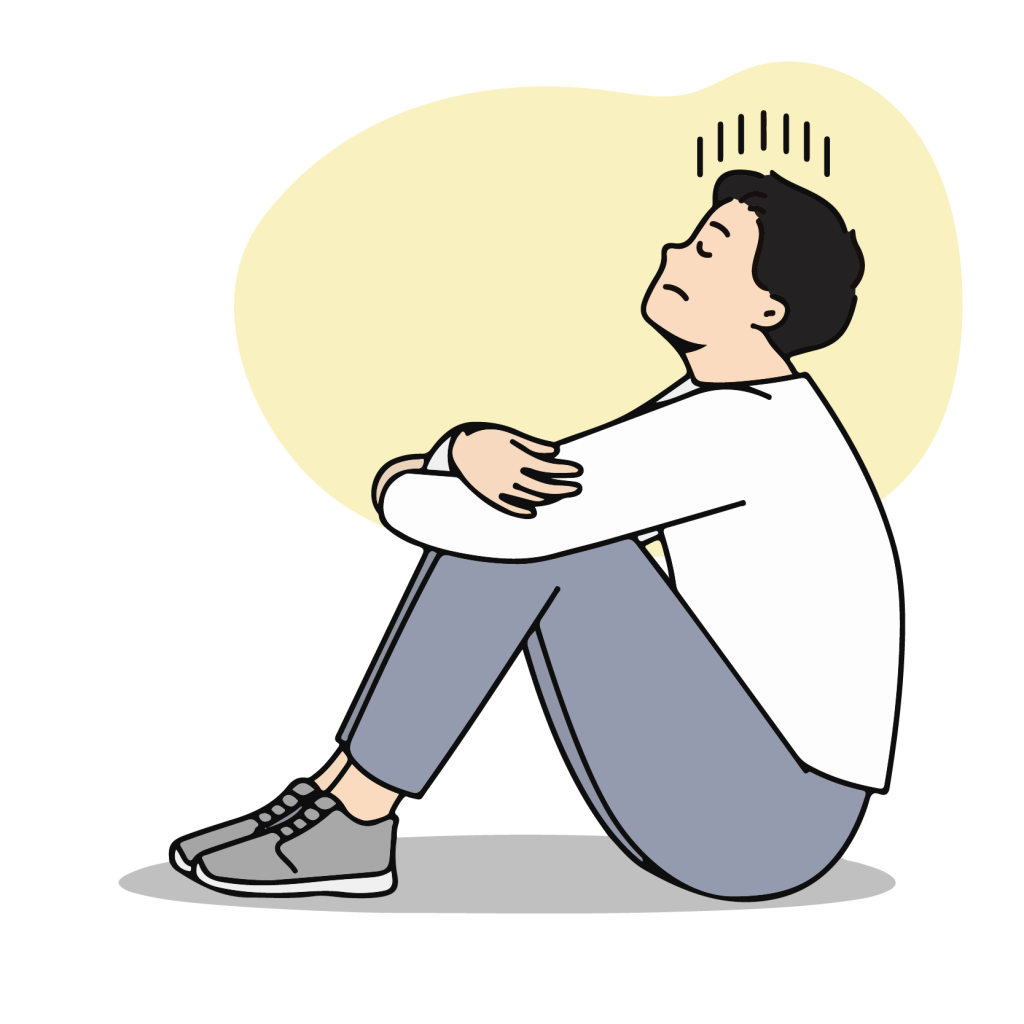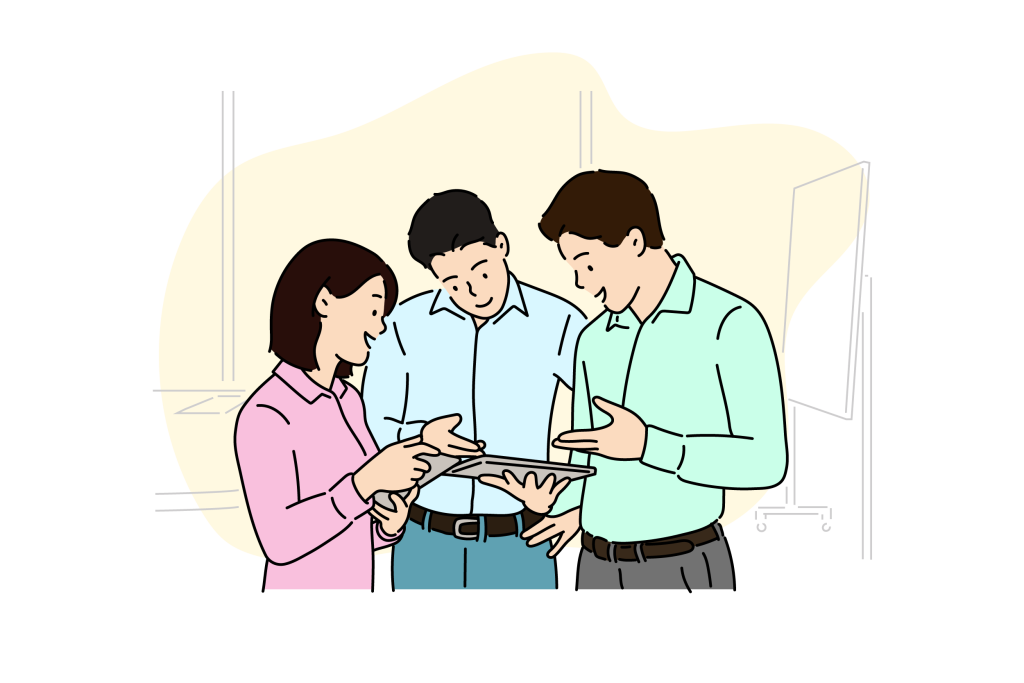Loneliness is something that often goes unnoticed. It hides behind bright smiles, a busy schedule, or in a group. It can show up as burnout, lack of motivation, isolation or even imposter syndrome.
What’s noteworthy is that loneliness doesn’t always arise from being physically alone. People can feel deeply isolated while surrounded by colleagues, friends, or family. Leaders in particular often face a unique kind of loneliness. The higher they rise, the fewer people they have to connect with.
Humans have a longing to be truly seen and understood. Many people don’t feel safe enough to express their true thoughts or emotions. When someone feels they have to edit themselves to fit in, a gap begins to form between who they are and how they show up. That gap is what many describe as loneliness.

The many facets of loneliness
Personal loneliness
This often comes from a lack of meaningful relationships or emotional intimacy. It’s the feeling of not being truly understood, even by those closest to you. You might be physically around people but still feel emotionally unseen.
Professional loneliness
Common among leaders, managers, freelancers, and business owners. People in these roles often feel pressurized to hold it all together without showing vulnerability. Remote workers might also miss casual, everyday conversations that bring a sense of teamwork and support.
Social loneliness
When someone is technically a part of group or community but doesn’t feel fully included or valued. Even in group settings or social events, someone might feel like they don’t belong or can’t fully be themselves.
Existential loneliness
It’s a more personal experience of isolation, feeling like no one can really understand your thoughts, values, or how you see the world. It often brings up big questions around identity, purpose and may be difficult to talk about because it’s not always linked to any specific event.
Digital or social media loneliness
Digital loneliness is increasingly common in this age. While social media offers constant access to others, it often lacks genuine connection. People can spend hours online but still feel isolated. Feeling unworthy when a post is ignored or comparing your life to others can contribute to a sense of not being seen or connected.
Mental health and loneliness are deeply connected. Loneliness increases the risk of anxiety, depression, and stress-related health issues.
Here are a few ways you can find relief from loneliness:

Joining groups
Whether it’s a professional network, a hobby group, or a local meetup, being around people who share a part of your identity can help you feel less alone.
Reaching out
A short catch-up can make a big difference and often the other person appreciates it just as much.
Starting honest conversations
Sometimes being open about how you’re feeling can create space for others to do the same. You might be surprised how many people are feeling something similar.
Talking to a therapist
This offers a safe space where you’re fully seen and supported. Connection takes effort but even small and meaningful interactions can slowly build up a sense of support.
Loneliness doesn’t have to stay that way. With the right steps, things can change.
Reach out if this sounds like you. Real connection is possible. Download Saksham to track your mental health and explore self-help resources.